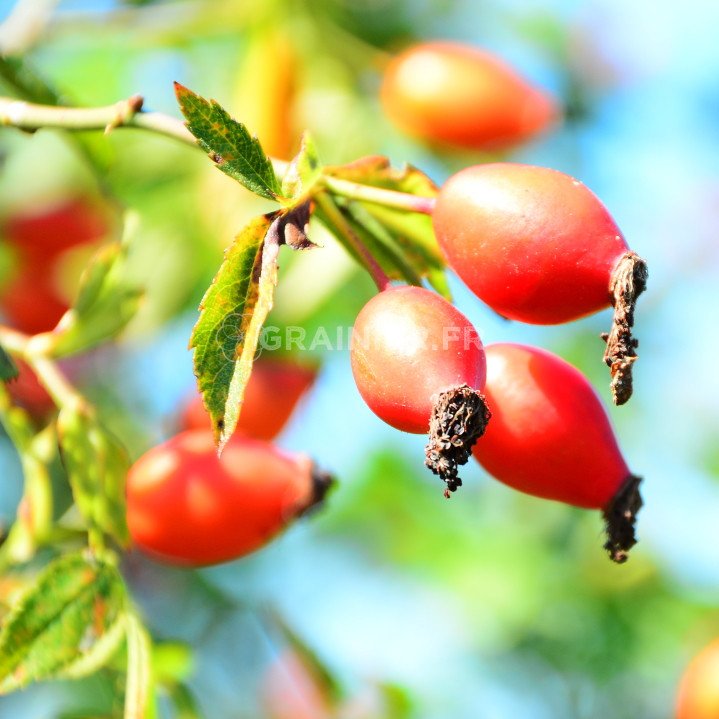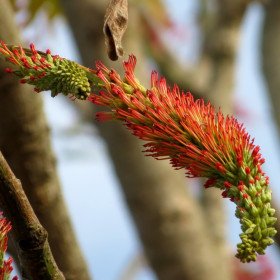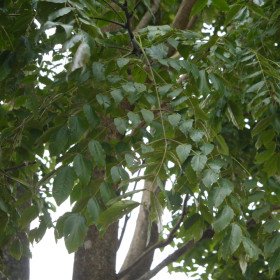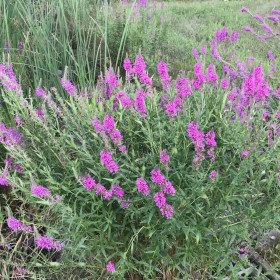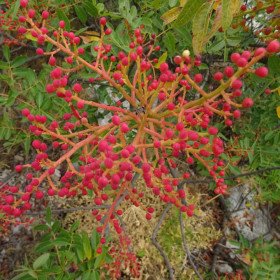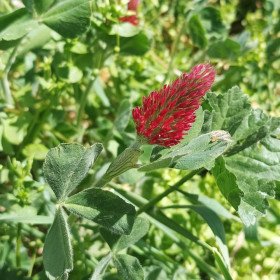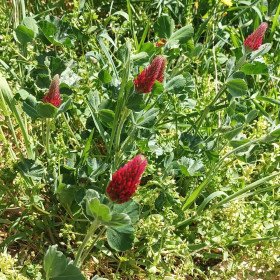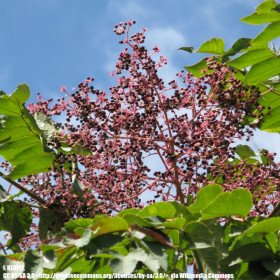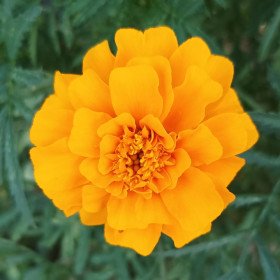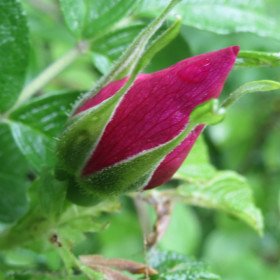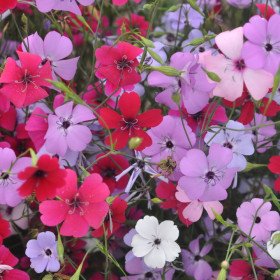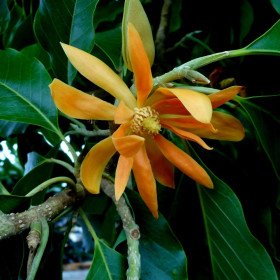Graines Rosier des haies, Églantier, Rosa canina
Graines Rosier des haies, Églantier, Rosa canina
- Modèle : 20 Graines Rosier des haies, Églantier, Rosa canina
- Disponibilité : 4
- 1,50€
Rosier des haies, Églantier, Rosa canina |
Rosa canina, communément appelée églantier ou rosier des chiens, est une espèce de rosier originaire d'Europe, d'Asie occidentale et d'Afrique du Nord.
20 graines - Germination moyenne : 60% - Stratification à froid 4/5 mois avant semis
Description :
Rosa canina est un arbuste épineux et vigoureux qui peut atteindre une hauteur de 1 à 3 mètres.
Il a des tiges arquées et grêles, munies de nombreux épines courbes.
Les feuilles sont composées de plusieurs folioles ovales et dentées, de couleur vert foncé.
Les fleurs sont grandes, simples ou semi-doubles, généralement de couleur rose pâle à rose vif, mais il existe également des variétés à fleurs blanches.
Les fruits sont des cynorrhodons, de petites baies rouges ou orangées, riches en vitamine C.
Utilisation :
Rosa canina est cultivé à des fins ornementales pour ses belles fleurs et ses fruits attrayants.
Les cynorrhodons sont utilisés pour la préparation de confitures, de gelées, de tisanes et d'autres produits alimentaires et médicinaux.
Les cynorrhodons peuvent également être séchés et utilisés pour la fabrication de tisanes nutritives et apaisantes.
Symbolique :
Rosa canina est souvent associé à la beauté simple et naturelle, ainsi qu'à la résilience et à la protection.
Dans certaines cultures, il peut également symboliser l'amour et la passion.
Semis détaillé :
Collectez les fruits mûrs de Rosa canina à l'automne, après qu'ils aient atteint leur pleine maturité et aient pris une couleur rouge ou orangée.
Retirez les graines des cynorrhodons en les coupant en deux et en retirant les graines à l'intérieur.
Rincez les graines à l'eau claire pour éliminer toute pulpe restante.
Placez les graines dans un sac en plastique ou un récipient hermétique avec un mélange de sable humide et de tourbe, puis placez-le au réfrigérateur pendant une période de stratification de 2 à 3 mois.
Après la stratification, semez les graines dans des pots ou des récipients remplis d'un mélange de terreau et de sable.
Placez les pots dans un endroit ensoleillé et bien drainé.
Arrosez régulièrement pour maintenir le sol humide, mais évitez l'excès d'eau.
Les graines devraient germer en 2 à 4 semaines, mais la germination peut être irrégulière.
Lorsque les plantules atteignent une taille suffisante, elles peuvent être repiquées dans des pots individuels ou dans le jardin, en les espaçant d'environ 60 à 90 centimètres.
Il est important de noter que Rosa canina est une plante rustique et résistante, adaptée à divers types de sols et de conditions de croissance. Elle préfère un emplacement ensoleillé et nécessite un arrosage régulier, surtout pendant les périodes sèches. La taille des tiges épineuses peut être effectuée au printemps pour favoriser une meilleure forme et une floraison abondante. Avec ses fleurs délicates et ses fruits riches en vitamine C, Rosa canina est à la fois une plante ornementale et un arbuste utile dans les jardins.
Etiquettes : rosier, haies, eglantier, rosa, canina, GRAINES DE FLEURS & ARBRES Rosier des haies, Églantier, Rosa canina, Arbustes & plantes grimpantes Rosier des haies, Églantier, Rosa canina, Rosier des haies, Églantier, Rosa canina GRAINES DE FLEURS & ARBRES, Rosier des haies, Églantier, Rosa canina Arbustes & plantes grimpantes






